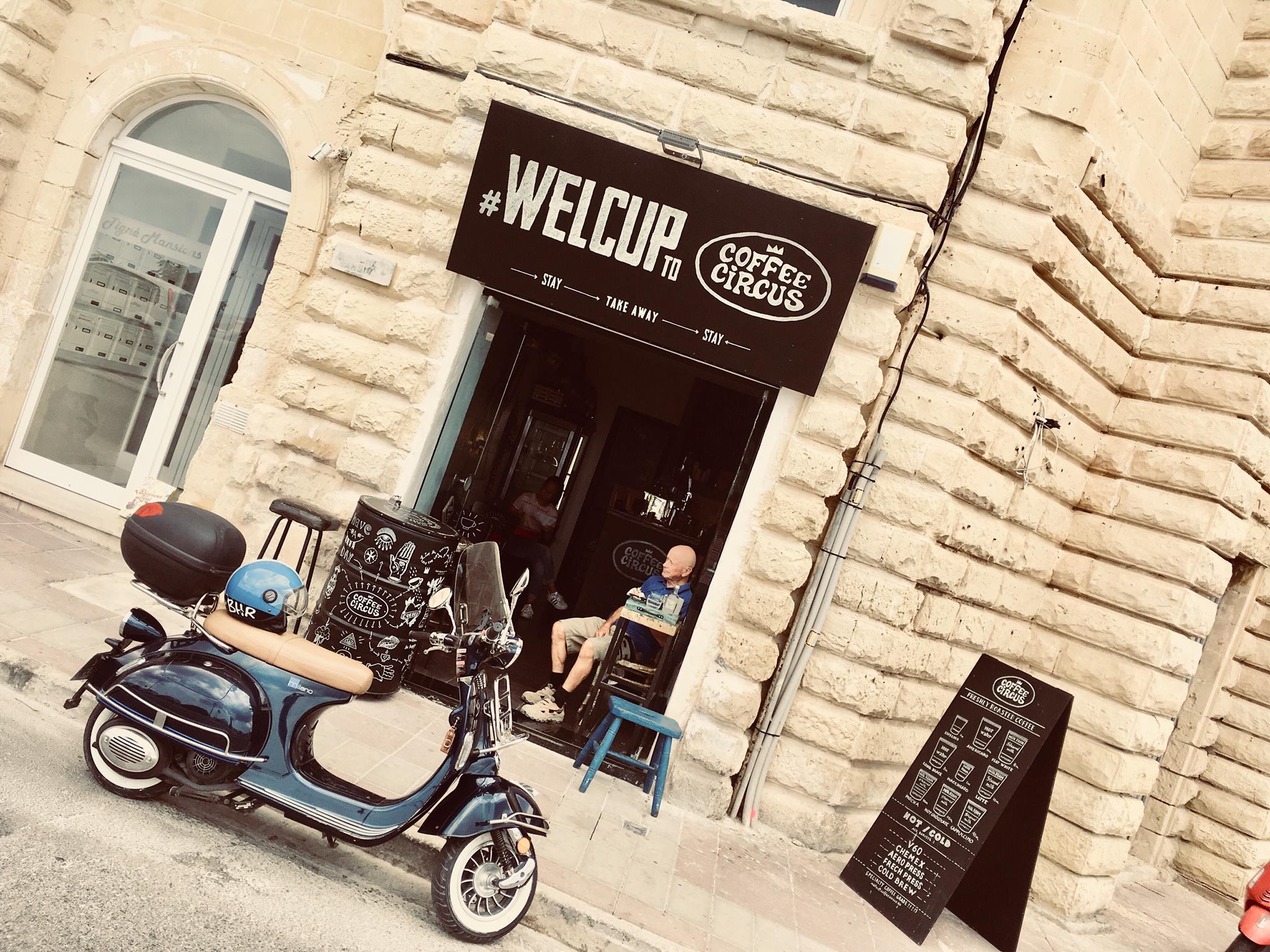Throughout the month of August, residents of Sliema and Gzira have taken to social media in a last- ditch effort to highlight the unacceptable levels of garbage and trash surrounding the tourist hotspots.
Several videos and photos have been circulating showing large numbers of rats feasting on garbage that has been left out for days, especially in prominent neighbourhoods known for attracting locals and tourists, especially in the summer months.
Many residents complained of foul smells and the health hazards associated with the furry trespassers.
No less, it is a huge eyesore for the thousands of visiting tourists who in one way or another will go to Sliema or pass through Gzira, if not residing there. Tourism is one of the biggest contributors to the islands’ economy and such sights, especially in the most modernised areas, risk tarnishing Malta’s image. This was also flagged by various Members of Parliament as well as councillors.
WhosWho.mt reached out to several businesses around the areas where irregular garbage disposal was most common. Speaking to known hotelier Carlo Stivala, who until 2020 formed part of Stivala Group along with his brothers, but has since branched out on his own, stated that it is wrong that locals point the finger at tourists and foreigners, when they are also part of the problem.
WhosWho.mt focused specifically on the Qui-si-sana area since photos flooded social media with filth, ironically, in front of the bring-in-sites. Mr Stivala argued that whilst tourists are less inclined to obey the schedule, residents are also to blame as many flood pavements, mix up the garbage bags or simply put rubbish right next to establishments as to keep their own area clean.
“In our Qui-Si-Sana apartments we have a garbage room and we store everything there and properly dispose of it when need be. We’ve had multiple issues with neighbours who were caught on camera disposing of the bags on our side of the pavements, of which, we are responsible of cleaning up after,” Mr Stivala says.
He pointed out that when it comes to the organic bag collection, two days a week is not enough, especially for residents who do not have the option of storing their organic rubbish in a room. He also believes that the Government should aid local councils so that streets are cleaned thoroughly and more often.
In addition, WhosWho.mt also spoke to Coffee Circus Co-owner Martina Tomaljanovic, who felt frustrated by the situation. Although Coffee Circus outlets are spread across the islands, she remarks that the Tigne café was immensely affected by this issue due to its size.

Ms Tomaljanovic explained that due to the dire situation she had to take an additional precaution of contacting pest control services much more often than what she is legally obliged to, to ensure that the coffee shop is up to standards and has a good level of cleanliness. This was done at the expense of the company. She further added that it is worrying as a co-owner of a business to be meters away from irresponsibly disposed rubbish piled up in this piping hot weather.
As a small business co-owner, which is highly dependent on tourists, Ms Tomaljanovic is facing heavy criticism from clients, flagging the eyesore whenever they come into the shop. She is also facing another pressing issue due to the seating capacity of the small café. “Most of our seating is located on the outside of the shop, as on the inside we only have limited seating. A client will not sit outside when our neighbouring block have had their waste sitting on the pavement for hours in the heat,” she states.
Asked further on client response, she told WhosWho.mt that many foreign nationals are surprised that locals must dispose of the waste on their doorsteps or on the pavement, rather than having large bins that can be used for an entire block or house. “I have been in Malta for the past 10 years and even I do not know why this hasn’t come into practise yet,” Ms Tomaljanovic says.
Further on this point she argues that, like herself, most people work long hours and so they have to take out rubbish either early in the morning or late at night. She believes that this also attributes to the problem that can be only solved by using large communal bins.
“Since coming to Malta I have realised that the Government is willing to implement changes such as new waste collection methods and fines, which is positive. But I feel like those are the only two measures that have been introduced and to tackle this issue completely we needs different approaches,” added Ms Tomaljanovic.
Main Image:Trash left to pile up on the streets of Sliema during the month of August
